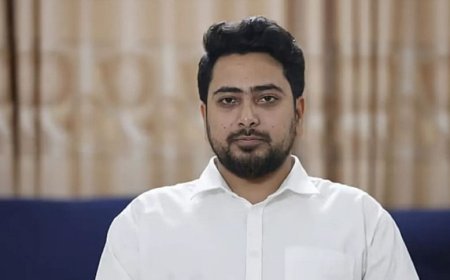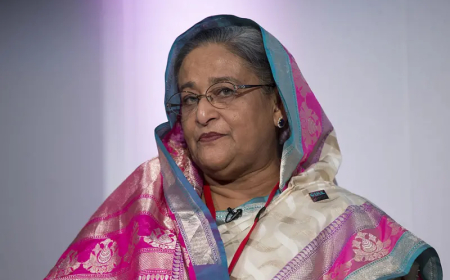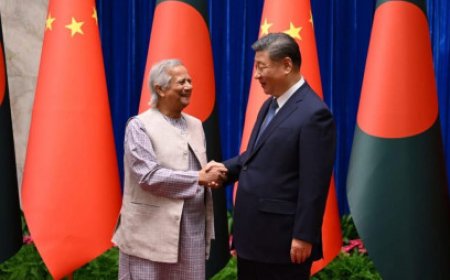Israeli aggression, Palestinians are starving
Is Israel using starvation as a weapon in its genocide against the Palestinians?
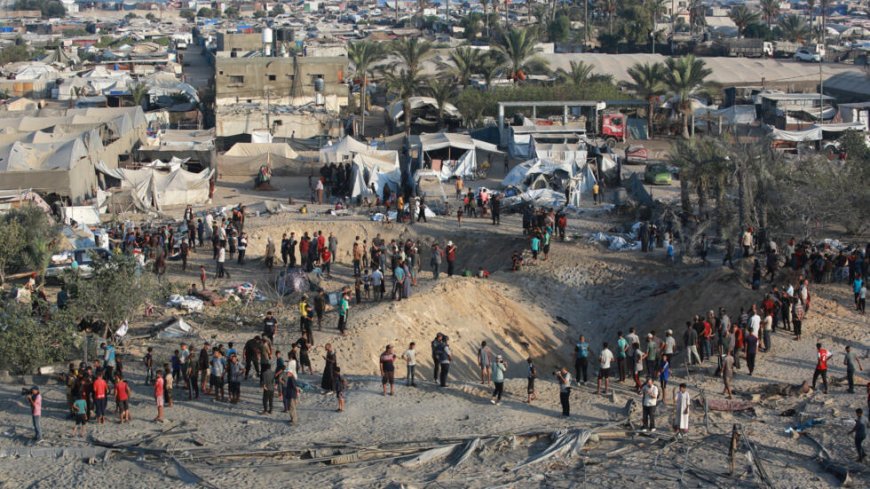
The Israeli invasion of the Gaza Strip is a major part of the Israel–Hamas war. Starting on 7 October 2023, immediately after the Hamas-led attacks on Israel, it began bombing the Gaza Strip; on 13 October. Ongoing IDF launches ground assaults in multiple areas throughout the Gaza Strip Israel orders several evacuations across the Gaza Strip, affecting nearly 90% of the territory Hamas remains combat effective.
One year later, Israel has killed at least 41,870 people in Gaza, though the actual figure is presumed much higher. Thousands more are buried under the rubble of destroyed buildings or unaccounted for, and still thousands of others are likely to die from continuing bombing and conditions created by Israel’s war.
All of this comes in the context of a war that is being financed and fully supported by the United States. The U.S. has provided Israel with close to $18 billion in military assistance since the beginning of the war, although U.S. law prohibits it from arming countries that don't comply with international law.
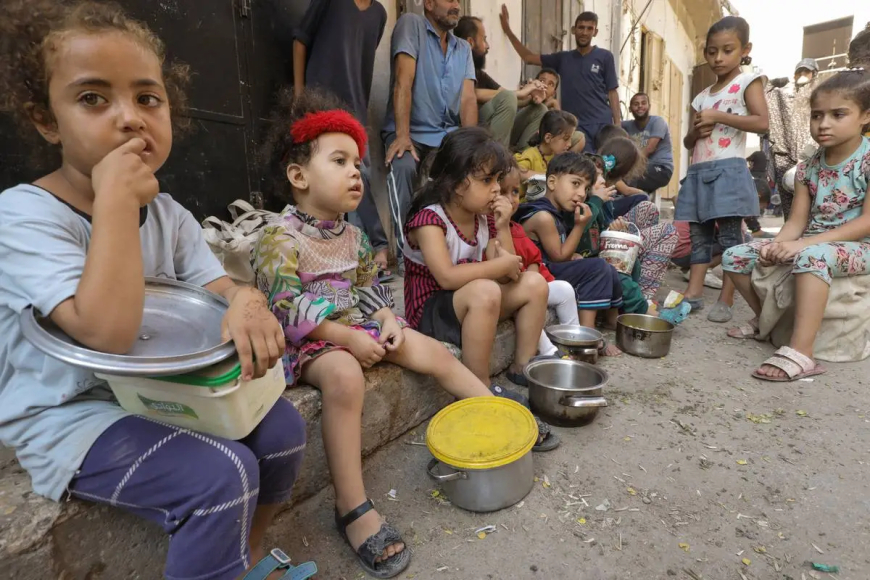
According to Samah Jabr (Head of the Mental Health Unit within the Palestinian Ministry of Health);
The Israeli starvation of Gaza has had psychological and physical ripple effects across Palestinian communities. In my clinical practice, I have encountered several cases in occupied East Jerusalem and the occupied West Bank that illustrate how the trauma of starvation in Gaza is mirrored in the lives of young Palestinians far from the conflict zone. Here are a few of them.
Ali, a 17-year-old from the West Bank, experienced changes in eating behavior and lost 8kg (17lbs) over two months following the detention of his friend by Israeli forces. Despite the significant weight loss, he denied feeling sad, insisting that “prison makes men.” However, he could express more openly his anger about the conditions in Gaza, and his disrupted sleep patterns suggested a deep psychological impact. “I can’t stop watching the bombardment and starvation in Gaza, I feel so helpless.” Ali’s loss of appetite is a manifestation of his internalized anger and grief, reflecting the broader social trauma that has enveloped him.
Layla, a 13-year-old girl, presents with a mysterious inability to eat, describing a sensation that “something in my throat prevents me from eating; there is a thorn blocking my gorge.” Despite extensive medical examinations, no physical cause has been found. Further discussion revealed that Layla’s father was arrested by Israeli forces and she has heard nothing about him since. Layla’s inability to eat is a psychosomatic response to the trauma of her father’s detention and her awareness of the starvation, torture and sexual violence inflicted on Palestinian political prisoners. She was also deeply affected by the reports of starvation and violence in Gaza, drawing parallels between the suffering in Gaza and her father’s uncertain fate, which amplified her psychosomatic symptoms.
These children are not just patients with unique psychological issues. They suffer the effects of a traumatogenic environment created by the ongoing colonial violence, the weaponization of starvation, and the political structures that perpetuate these conditions.
The International Committee of the Red Cross on Saturday said the ongoing Israeli evacuation orders and restrictions on the entry of essential supplies to the north had left the civilian population in “horrific circumstances”.
The Israeli government’s use of starvation as a weapon of war has proven deadly for children in Gaza,” said Omar Shakir, Israel and Palestine director at Human Rights Watch. “Israel needs to end this war crime, stop this suffering, and allow humanitarian aid to reach all of Gaza unhindered.”
While Israeli military attacks on Gaza intensify, lifesaving food, medicine, medical supplies, fuel, and tents have been systematically blocked from entering for almost a year.
Following an Israeli airstrike in central Gaza on April 1, 2024, which hit three marked vehicles from the international food organization World Central Kitchen and killed seven aid workers from several countries, Cyprus announced that ships carrying around 240 tons of aid for Gaza would turn back. World Central Kitchen, Project Hope, and ANERA, all providers of food aid, suspended their Gaza operations in light of the attack, and the United Arab Emirates paused its involvement in a maritime aid corridor.

